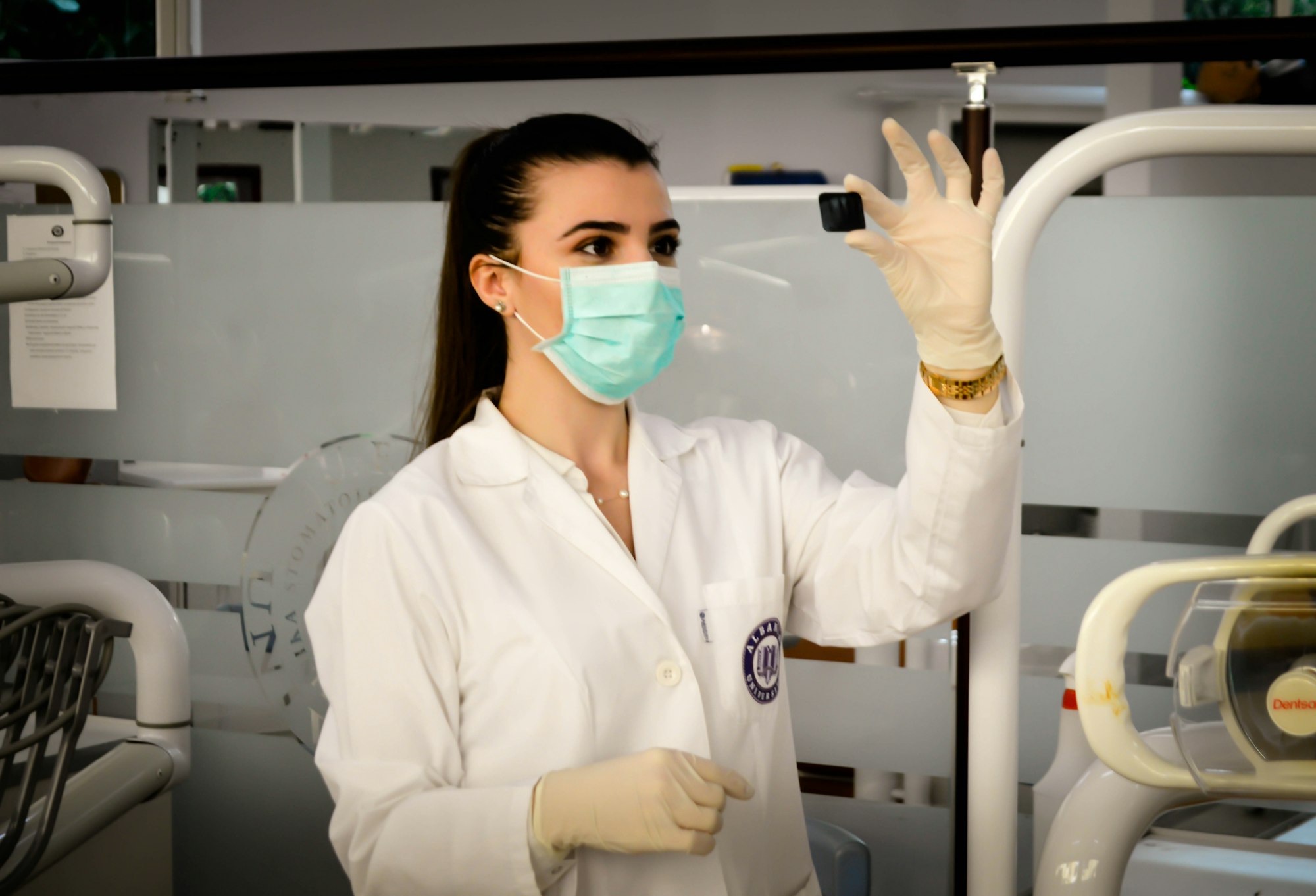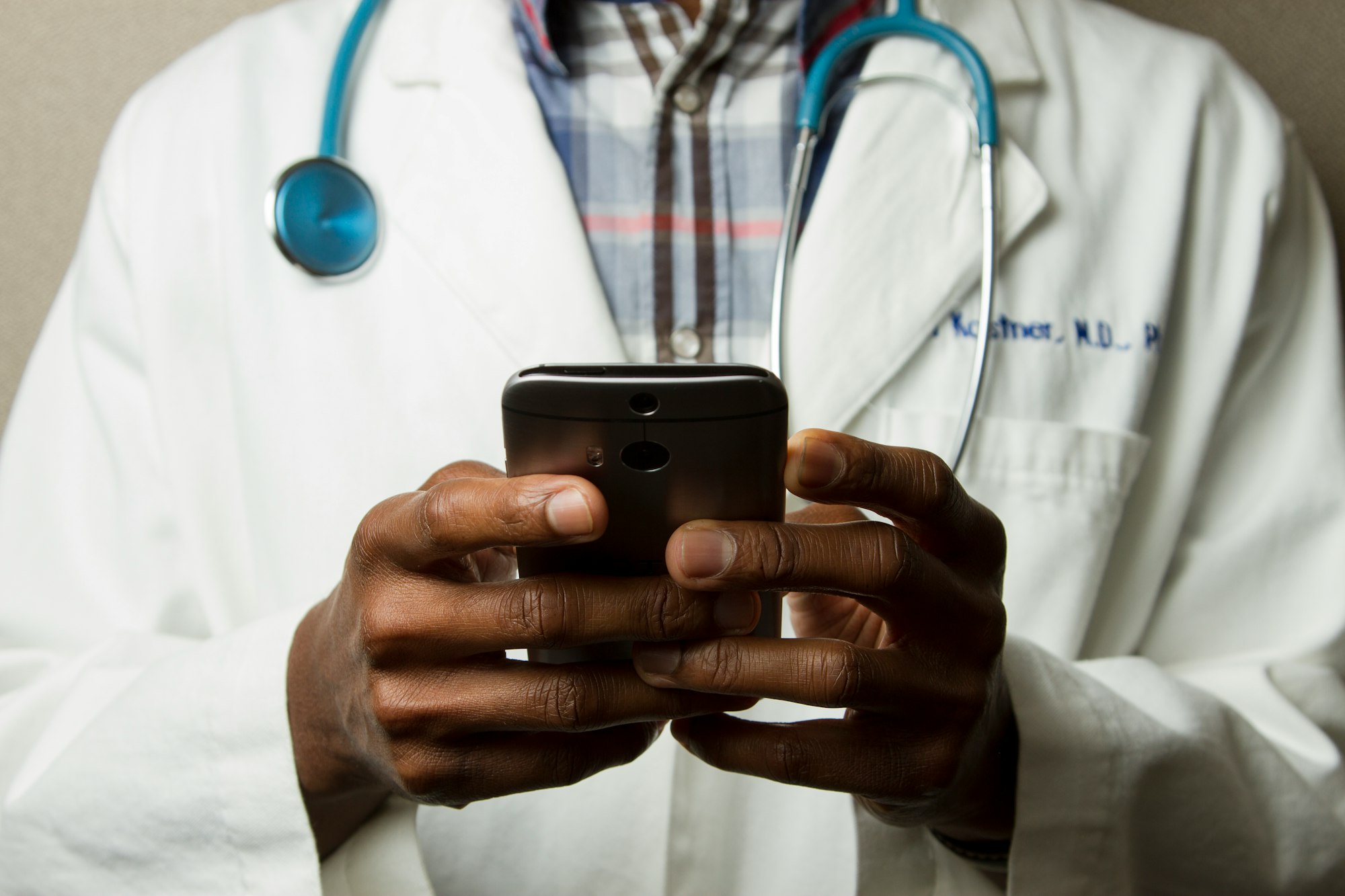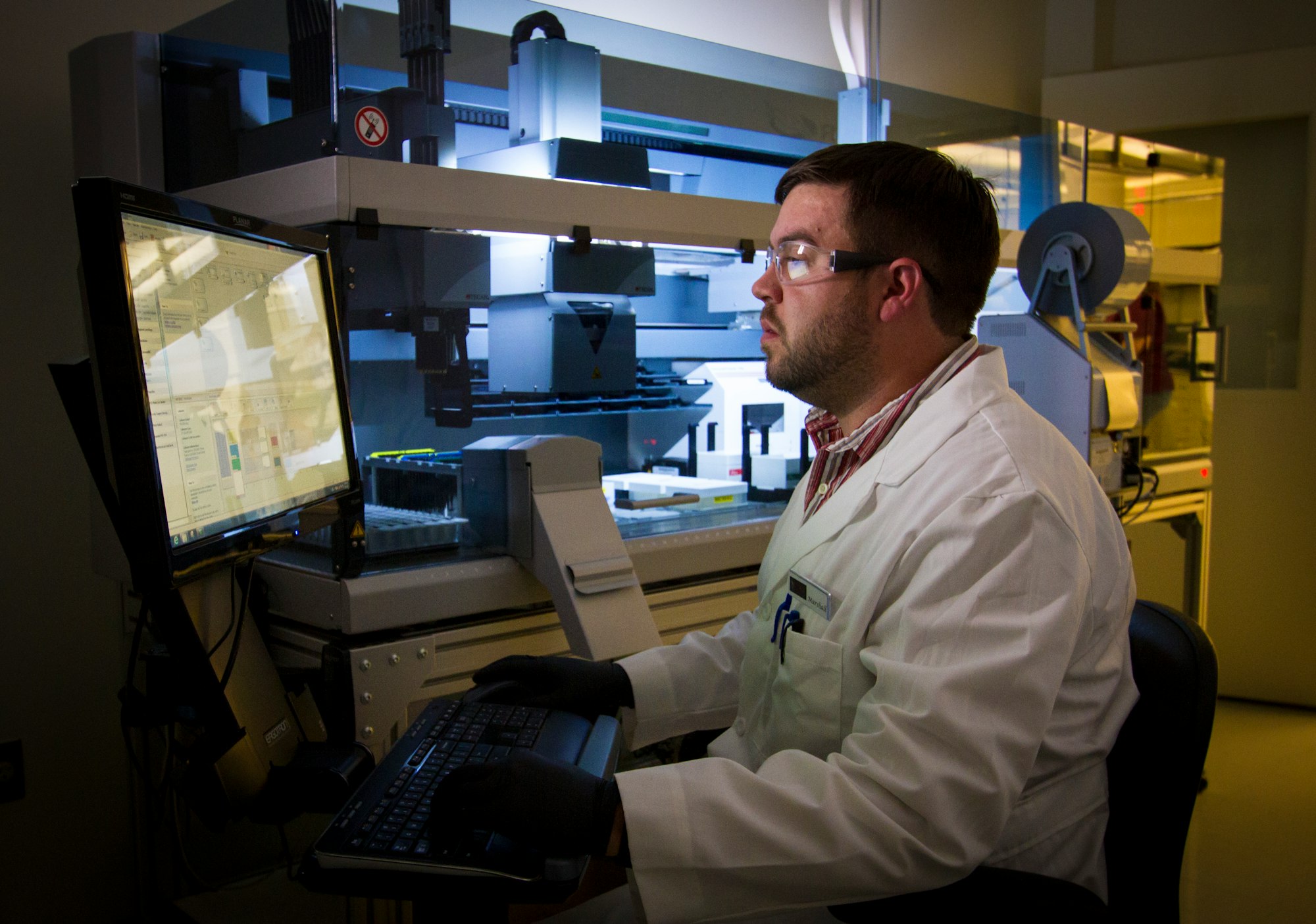7 tech careers that combine with healthcare
Many healthcare workers are actually on the lookout for a pathway into the world of technology or a way to integrate their healthcare expertise with a tech role. It's like they're seeking the best of both worlds. If you're one of those healthcare workers

Many healthcare workers are actually on the lookout for a pathway into the world of technology or a way to integrate their healthcare expertise with a tech role. It's like they're seeking the best of both worlds.
If you're one of those healthcare workers who dream of combining your healthcare skills with the wonders of technology, you're in the right place. The intersection of technology and healthcare has opened up numerous job opportunities that leverage the power of technology to improve healthcare delivery, patient outcomes, and overall healthcare operations.
In this article, we're going to explore healthcare career roles that intersect with tech roles. We'll delve into seven tech careers that offer a fantastic opportunity for healthcare workers to leverage their skills while diving into the exciting realm of technology. So, whether you're a nurse, doctor, pharmacist, or any other healthcare professional, get ready to uncover the exciting roles of tech in the healthcare sector.
#1 – Health Informatics Specialist

Health Informatics Specialists are tech-savvy experts who work in healthcare. They use their knowledge of technology and data to improve how healthcare is managed and delivered. Think of them as the go-to people who help healthcare organizations make the most out of digital systems and information. They play a crucial role in organizing and analyzing health-related data, ensuring that it's securely stored and easily accessible. By doing this, they help healthcare providers make informed decisions, improve patient care, and promote better overall health outcomes. So, a Health Informatics Specialist is like a tech whiz who brings the power of technology and data to make healthcare smarter and more effective for everyone.
According to Glassdoor, a Health Informatics Specialist in the United States earns an estimated total pay of $63,401 per year, with an average salary of $58,887 annually.
#2 – Biomedical Engineer

Biomedical Engineer is a professional who combines their knowledge of engineering with medical and biological sciences to create innovative solutions in healthcare. They use their skills to design, develop, and improve medical equipment and devices that help diagnose, treat, and monitor patients. It's like they're the engineers of the medical world, using their expertise to bridge the gap between technology and healthcare. Whether it's designing artificial limbs, developing advanced imaging systems, or creating cutting-edge medical implants, Biomedical Engineers play a vital role in enhancing patient care and improving overall health outcomes. So, they're the ones who bring together engineering and medicine to create amazing technologies that make a real difference in people's lives.
Payscale estimated that Biomedical Engineers earn an average salary of $71,118 per annum.
#3 – Telemedicine Specialist

Telemedicine Specialist is a healthcare professional who uses technology to provide medical care remotely. Instead of going to a doctor's office or hospital, you can connect with them through video calls or online platforms. They're like virtual doctors who can diagnose, treat, and provide medical advice from a distance. Telemedicine Specialists make healthcare more accessible and convenient, especially for people who have difficulty traveling or live in remote areas. They use technology to communicate with patients, review medical records, and even prescribe medications when needed.
In the United States, a Telemedicine Specialist earns an estimated total pay of $193,836 per year, with an average salary of $168,238 annually.
#4 – Health IT Consultant

A Health IT Consultant is someone who helps healthcare organizations use technology to improve their operations and patient care. They may advise on how to select, implement, and optimize systems and databases that store and share health information. They may also help with regulatory compliance, data analysis, security, and innovation.
The estimated total pay for a Health Consulting Analyst is $76,296 per year in the United States area, with an average salary of $70,341 per year.
#5 – Health Data Analyst

A health data analyst is someone who uses data to improve health care outcomes. They collect, organize, and analyze data from different sources, such as electronic health records, clinical trials, devices, and patient surveys. They can work in different settings, such as hospitals, insurance companies, consulting firms, or government agencies.
In the United States, the average salary for a health data analyst is $67,478, with salaries typically ranging between $50,000 and $90,000 per year. For hourly rates, the average is approximately $32.44 per hour.
#6 – Health App Developer

A health app developer is someone who creates apps for mobile devices to help users with their health and fitness goals or needs. For example, a health app developer can make an app that tracks your steps, calories, heart rate, or blood pressure; or an app that connects you with doctors, nurses, or other health professionals. A health app developer needs to follow certain guidelines and regulations to ensure the app is safe, secure, and reliable for users.
#7 – Clinical Systems Analyst

A clinical systems analyst is a computer systems analyst who works in the healthcare industry. They help choose, implement, maintain, and support the computer information systems that meet the needs and goals of an organization. They also troubleshoot, test, and develop software applications and specifications for the systems. They need to be familiar with technical tools and the requirements of the medical facility
In the United States, the average salary for a clinical systems analyst is $85,944, with salaries typically ranging between $65,000 and $112,000 per year. When it comes to hourly rates, the average is approximately $41.32 per hour.
Conclusion
Exploring the world of technology careers that combine with healthcare opens up a realm of exciting possibilities for healthcare professionals seeking to broaden their horizons.
It allows them to use their expertise in both fields to drive innovation, improve patient care, and contribute to the digital transformation of healthcare. Whether you're a nurse, doctor, pharmacist, or allied healthcare professional, these careers provide a way to apply your healthcare experience while embracing the potential of technology.
By bridging the gap between healthcare and tech, these roles empower individuals to make a difference in shaping the future of healthcare and improving the well-being of patients.1





